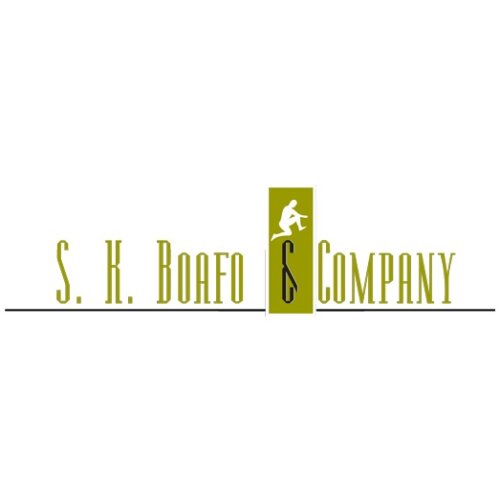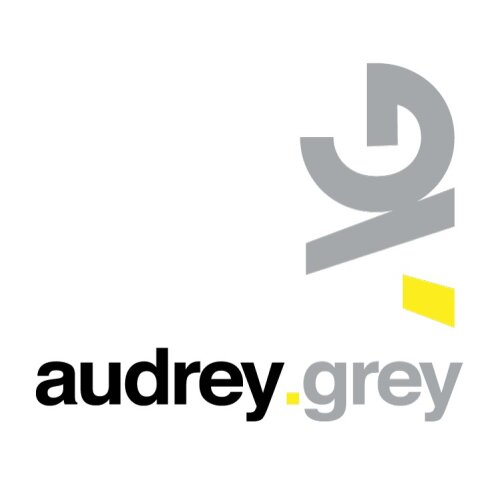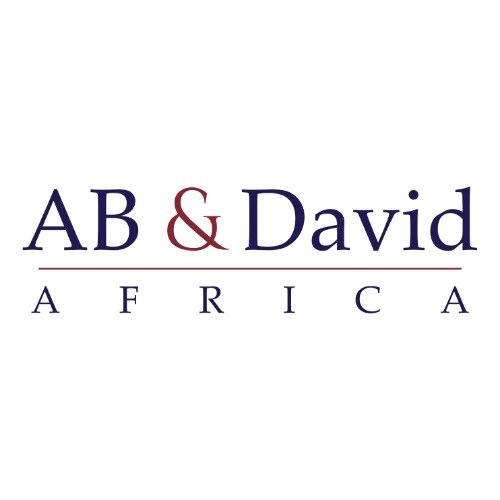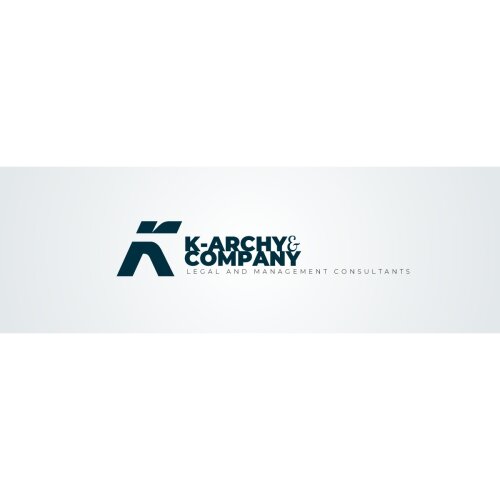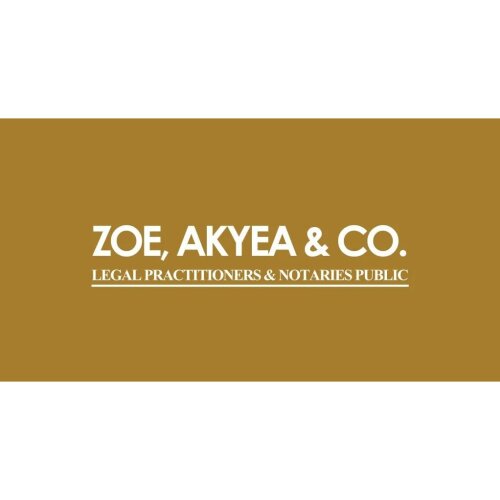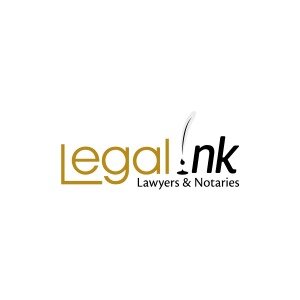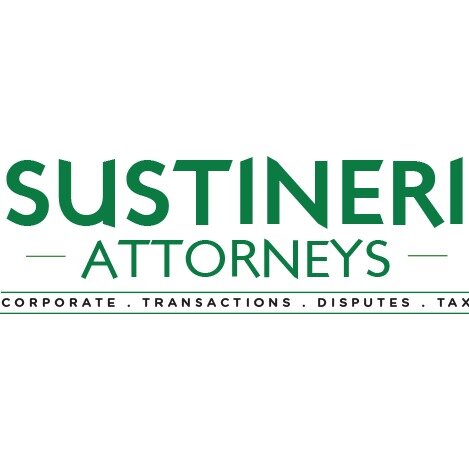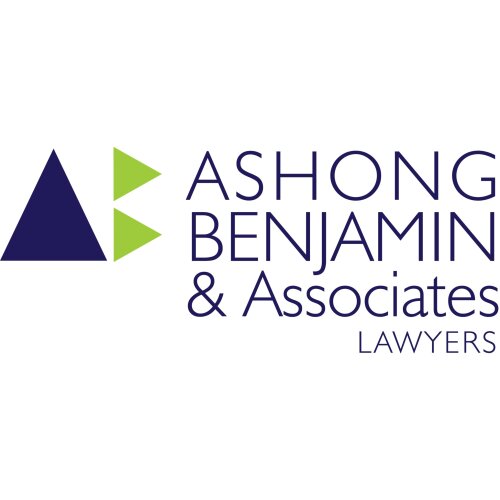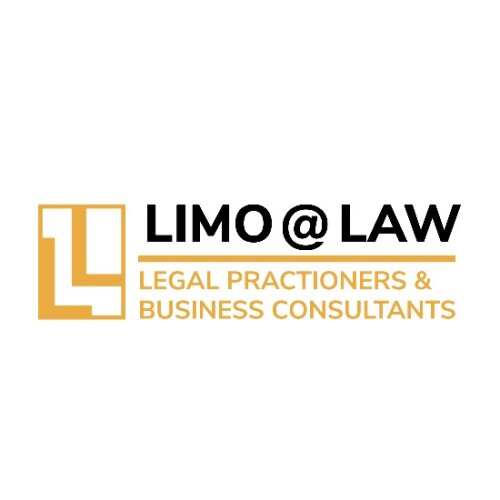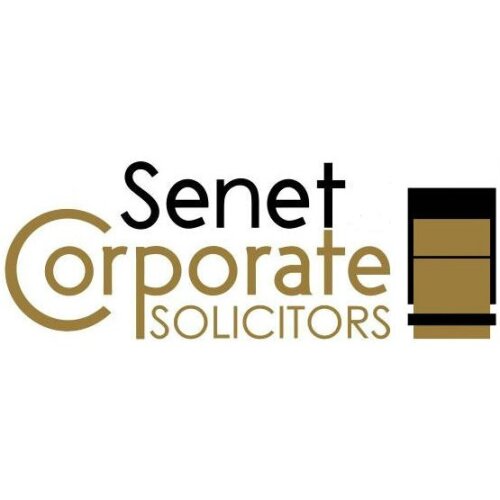Best Antitrust Litigation Lawyers in Accra
Share your needs with us, get contacted by law firms.
Free. Takes 2 min.
List of the best lawyers in Accra, Ghana
About Antitrust Litigation Law in Accra, Ghana
Antitrust litigation refers to legal disputes that arise when businesses or individuals are alleged to have engaged in practices that restrict competition or create unfair market dominance. In Accra, Ghana, antitrust law is also commonly known as competition law. These laws are designed to protect consumers and ensure that businesses compete fairly in the market. The courts in Accra, as well as regulatory bodies, play a crucial role in enforcing these laws to maintain a healthy business environment.
Why You May Need a Lawyer
You may need a lawyer experienced in antitrust litigation if you find yourself involved in any of the following situations:
- Your business is facing allegations of anti-competitive practices, such as price fixing, collusion, or abuse of market dominance.
- You suspect a competitor of engaging in unfair trade practices that harm your business.
- Your company is considering a merger or acquisition and you need to understand potential competition law implications.
- You are part of an industry association and unsure whether your collective activities are lawful under Ghanaian competition law.
- You wish to report anti-competitive behavior or need guidance on how to file a complaint with the relevant authorities.
- You want to ensure your business contracts comply with Ghana's competition regulations.
Local Laws Overview
In Ghana, the key legislation governing antitrust or competition matters is the Protection Against Unfair Competition Act, 2000 (Act 589) and the Competition Act, 2016 (Act 954) which is not yet in full operation but is expected to be implemented. These laws aim to prevent activities such as price fixing, monopolistic practices, bid rigging, and abuse of dominance. The regulatory authority overseeing competition law issues is the Ghana Competition Commission. Its main functions include investigating complaints, enforcing regulations, approving mergers and acquisitions, and prescribing penalties for violations.
In litigation, cases are typically handled by the civil courts in Accra. Remedies can include fines, injunctions, nullification of anti-competitive agreements, and in some cases, damages for those affected by unfair practices.
Frequently Asked Questions
What is antitrust litigation?
Antitrust litigation is the legal process used to resolve disputes related to anti-competitive practices such as cartels, monopolies, and abuse of market dominance.
What practices are considered anti-competitive under Ghanaian law?
Practices such as price fixing, collusion among competitors, bid rigging, market allocation, and abusing a dominant market position are considered anti-competitive.
Who enforces antitrust laws in Accra, Ghana?
The Ghana Competition Commission is the main enforcement authority, supported by the courts when litigation is necessary.
Can individuals bring antitrust cases against businesses?
Yes, individuals and businesses can file complaints if they believe they have been harmed by anti-competitive practices.
What are the possible penalties for violating competition laws?
Penalties may include significant fines, orders to cease illegal activities, invalidation of contracts, and compensation for affected parties.
Are mergers and acquisitions subject to antitrust review in Ghana?
Yes, certain mergers and acquisitions must be notified to and approved by the Ghana Competition Commission to ensure they do not reduce market competition.
How do I know if my business activities could be violating antitrust laws?
If your business engages in agreements or practices with competitors, or you hold a dominant market position, you should seek legal advice to review your compliance with competition laws.
What should I do if I suspect a competitor is violating antitrust laws?
You can report the suspected violation to the Ghana Competition Commission or consult a lawyer to discuss possible legal action.
How long does an antitrust litigation case take in Accra?
The duration varies based on the complexity of the case, but antitrust litigation can often take several months to years from filing to final judgment.
Do I always need a lawyer for antitrust litigation?
While it is not a legal requirement, having a lawyer with experience in competition law is highly recommended due to the complexity of these cases and the potential consequences.
Additional Resources
If you need further information or assistance regarding antitrust litigation in Accra, the following resources may be helpful:
- Ghana Competition Commission: The regulatory authority for competition and antitrust matters, responsible for enforcement, investigations, and merger approvals.
- Ministry of Trade and Industry: Provides general information and regulations on trade practices in Ghana.
- Ghana Bar Association: Offers a directory of qualified lawyers, including those specializing in competition and antitrust law.
- Commercial courts in Accra: Handle the litigation aspects of antitrust matters when disputes escalate to legal proceedings.
Next Steps
If you believe you are involved in or affected by an antitrust issue in Accra, Ghana, consider taking the following actions:
- Gather and organize any documentation or evidence related to the matter, such as agreements, correspondence, and transaction records.
- Consult with a lawyer who specializes in competition or antitrust law to assess your situation and understand your legal rights.
- File a formal complaint with the Ghana Competition Commission if you suspect a violation, or respond promptly if you receive an inquiry from the Commission.
- Take special care in communications or negotiations with competitors, especially regarding pricing, customer allocation, or bidding processes.
- Stay informed about changes to competition laws and regulations to ensure ongoing compliance in your business activities.
Seeking early legal advice is the best way to protect your interests and ensure that your business operates within the boundaries of Ghanaian competition law.
Lawzana helps you find the best lawyers and law firms in Accra through a curated and pre-screened list of qualified legal professionals. Our platform offers rankings and detailed profiles of attorneys and law firms, allowing you to compare based on practice areas, including Antitrust Litigation, experience, and client feedback.
Each profile includes a description of the firm's areas of practice, client reviews, team members and partners, year of establishment, spoken languages, office locations, contact information, social media presence, and any published articles or resources. Most firms on our platform speak English and are experienced in both local and international legal matters.
Get a quote from top-rated law firms in Accra, Ghana — quickly, securely, and without unnecessary hassle.
Disclaimer:
The information provided on this page is for general informational purposes only and does not constitute legal advice. While we strive to ensure the accuracy and relevance of the content, legal information may change over time, and interpretations of the law can vary. You should always consult with a qualified legal professional for advice specific to your situation.
We disclaim all liability for actions taken or not taken based on the content of this page. If you believe any information is incorrect or outdated, please contact us, and we will review and update it where appropriate.



